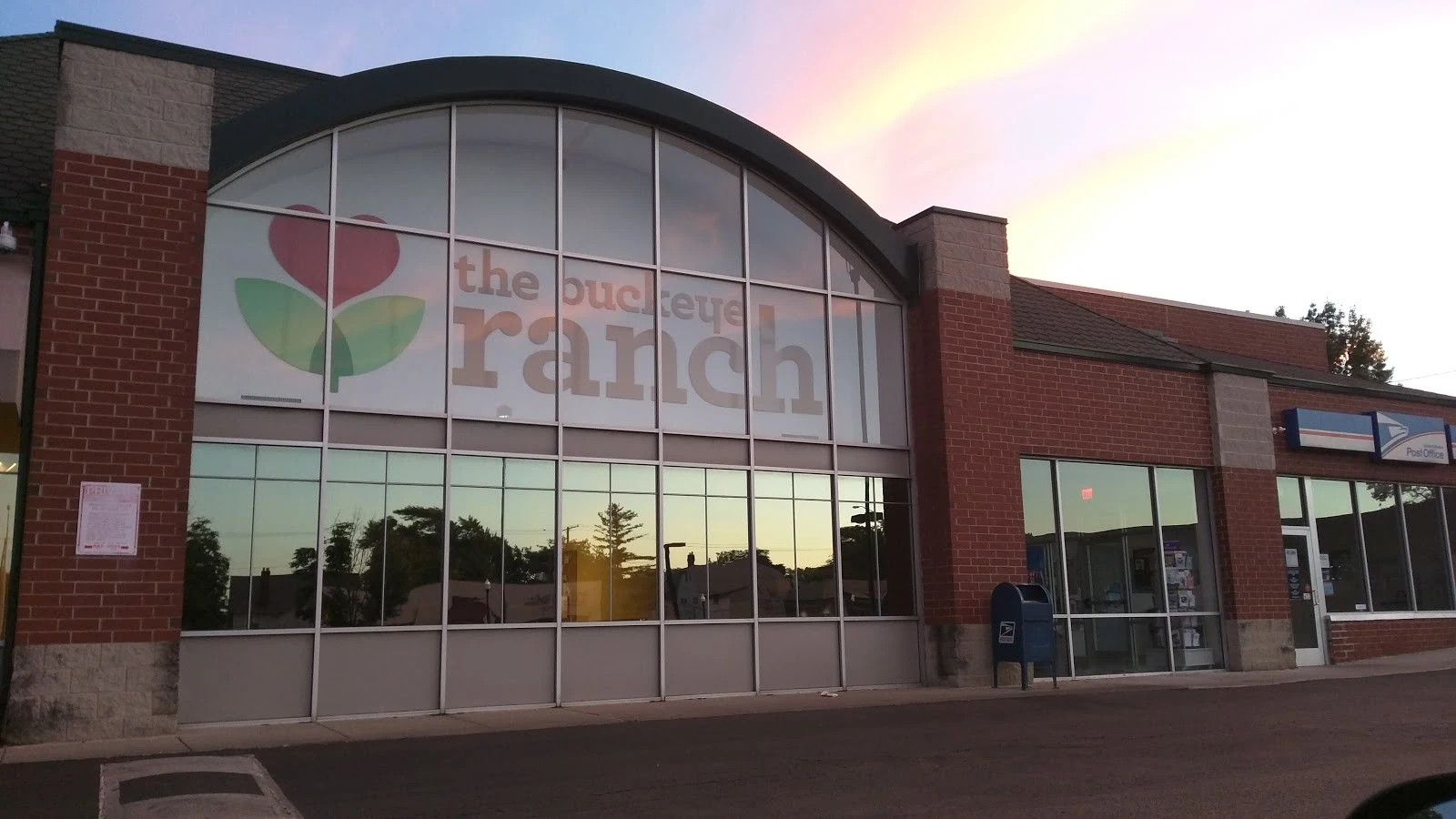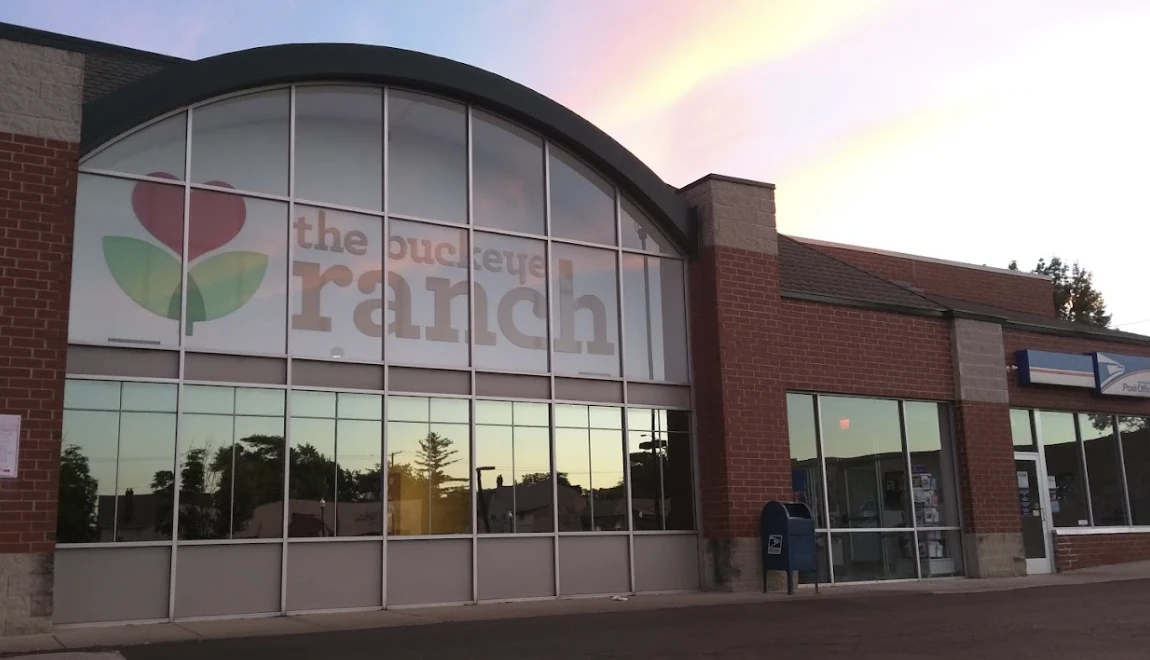The Buckeye Ranch Information
Treatment
Who We Treat
- Children
- Teens / Adolescents
- Young Adults (18–25)
- Adolescents
Treatment Focus
- Depression
- Young Adults
- Adolescents
- Drug Addiction
- Trauma
Approaches
- Individual Treatment
- Personalized Treatment
- Evidence-Based
- Family Involvement
- Family Therapy
- Group Therapy
- Cognitive Behavioral Therapy (CBT)
- Dialectical Behavior Therapy (DBT)
- 1-on-1 Counseling
- Online Therapy
- Life Skills Training
Conditions We Treat
- Depression
- Anxiety
- Trauma
- Suicidal Thoughts
- Suicidality
- Co-Occurring Disorders
Languages
- English
Aftercare
- Outpatient Treatment
Level of Care
- Outpatient
Experience
Personal Amenities
- Air-Conditioned Rooms
- Shared Rooms
Off-Site Amenities
- Gardens
- Access to Nature
Smoking and Vaping Policy
- Smoking Not Allowed
- Vaping Not Allowed
Accreditations
-
The Joint Commission
The Joint Commission accreditation for addiction and behavioral health signifies that a facility has met rigorous standards in patient care, treatment, and safety. This recognition assures patients and professionals of the facility's commitment to providing high-quality, evidence-based care in the fields of addiction and behavioral health, fostering trust and confidence in their services.

Additional Locations
The Buckeye Ranch Accepts The Following Insurance Plans
Find the best treatment options. Call our free and confidential helpline today!










